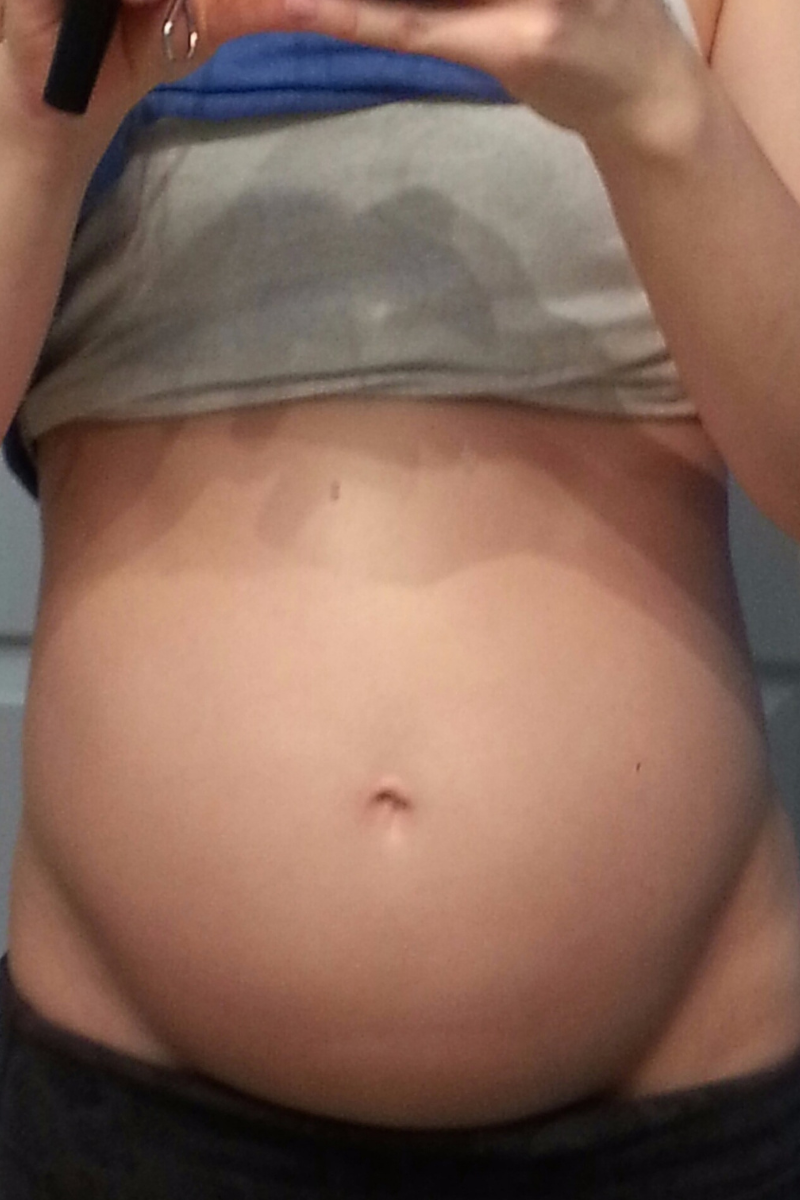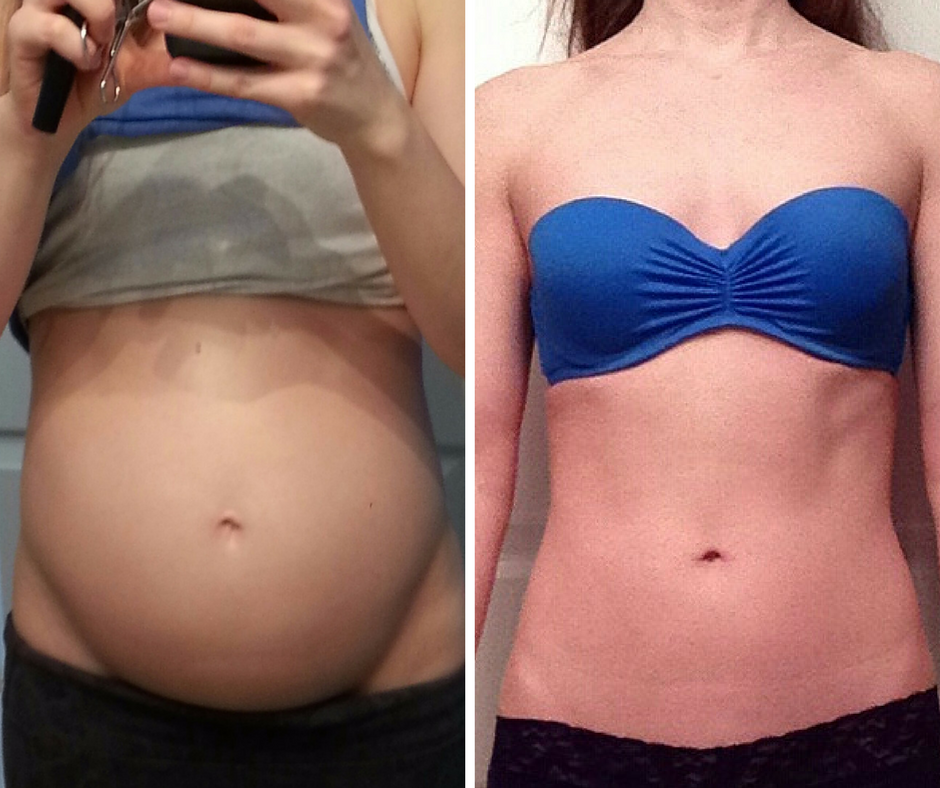Do you find yourself experiencing persistent bloating day in and day out? It’s frustrating and uncomfortable, especially when you can no longer button your pants by the end of the day but you’re not alone. Chronic bloating is the number one digestive complaint I hear from clients in my practice, and often they’ve bounced around between doctors, tried different diets and supplements without much relief. In this article, we’ll explore five reasons why you might be feeling so bloated every day and offer some insights into how to find relief.
1. You’re Constipated (even if you poop every day)
One of the leading culprits behind daily bloating is constipation, yet many people don’t even realize they are constipated because they have a bowel movement every day. This misconception arises because the frequency of bowel movements alone doesn’t guarantee proper elimination, and the stool’s consistency and ease of passage are equally important indicators of healthy digestion.
If you find yourself straining to go or have a sensation that you haven’t fully evacuated your bowels, it’s likely you are constipated. Your doctor can confirm this via abdominal x-ray or sitz marker study. If this isn’t an accessible option for you, you can try an at-home transit test where you consume a food you can normally see in your stool (corn, for example) and note how long it takes to see it in the toilet bowl. Anything longer than 48 hours would be considered constipation.
Constipation takes a multifactor approach to correct-especially if it has been a lifelong issue for you- and will likely include diet modification, pelvic floor physiotherapy, exercise, supplements or medication, and stress reduction.
2. You Have Small Intestine Bacterial Overgrowth (SIBO)
Small Intestine Bacterial Overgrowth (SIBO) occurs when there’s an excessive amount of bacteria in the small intestine, leading to various digestive symptoms, including bloating, gas, and abdominal discomfort. The bacteria in the small intestine can ferment carbohydrates in foods like onion, garlic, avocado and apple and produce gas, contributing to the bloated feeling.
Having SIBO feels like that big pregnant belly type of bloat that comes on every day, almost no matter what you eat but will feel extra worse when you eat high FODMAP foods like wheat, granola bars, apple, cauliflower, onion and garlic.
SIBO is tested via a breath test. It can not be diagnosed via stool test, blood test or urine test. If positive, it is treated with antibiotics or herbal antimicrobials. SIBO can be tricky to treat and has a high occurrence of relapse so be sure to work with a SIBO-knowledgeable practitioner.
3. You Have Carbohydrate Intolerances
Carbohydrate intolerances, such as lactose or fructose intolerance, can lead to bloating and other digestive issues. When your body can’t properly digest certain carbohydrates, they ferment in the intestines, causing gas production and bloating.
Identifying and eliminating trigger foods from your diet can significantly reduce bloating. When I work with a client to identify carbohydrate intolerances, I have them keep a food and symptom diary where I can see which foods are the culprits. I’ve never seen a client who struggles with bloating not have some type of carbohydrate intolerance, so it is something I strongly recommend looking into.
4. You Have Dysfunctional Breathing Patterns
Put one hand on your lower belly and one hand on your chest. Take a normal breath in. What hand rises the most? If it’s the one on your chest, you have a dysfunctional breathing pattern. When we take shallow breaths, our upper chest and shoulders are doing most of the work, which can contribute to increased air swallowing during eating, leading to bloating and discomfort. Practicing deep, diaphragmatic breathing, on the other hand, can help alleviate this issue by allowing the diaphragm to engage fully and reduce the intake of excess air, promoting better digestion and reducing the likelihood of bloating.
In Conclusion
Chronic bloating can be caused by a variety of factors, and understanding the underlying causes is crucial for finding relief. By addressing issues like constipation, bacterial overgrowth, carbohydrate intolerances, and breathing patterns, you can take steps towards a more comfortable and bloat-free life. However, if your bloating persists or worsens, it’s important to consult a healthcare professional to rule out any underlying medical conditions like ovarian cysts or endometriosis. Remember, you don’t have to live with constant bloating – solutions are within reach.





+ show Comments
- Hide Comments
add a comment